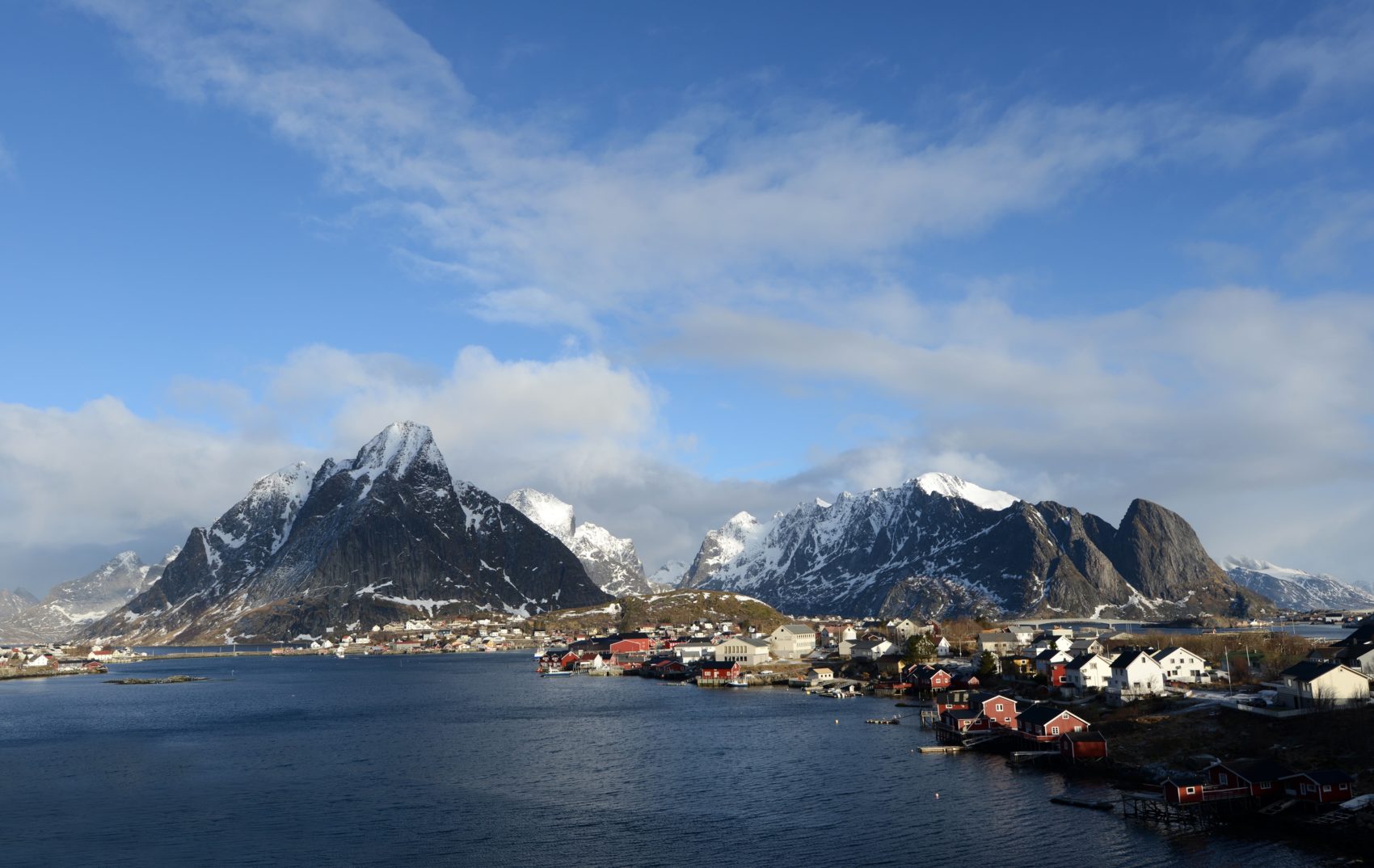
The largest parliamentary party in Norway has delivered a significant blow to the country’s huge oil industry after withdrawing support for explorative drilling off the Lofoten islands in the Arctic, which are considered a natural wonder, reports the Independent.
- You might also like: Svalbard Trip Report 2018 | Skiing & Sailing Deep Within The Arctic Circle
The move creates a large parliamentary majority against oil exploration in the sensitive offshore area, illustrating growing opposition to the polluting fossil fuel, which has made the country one of the world’s most affluent. The country currently pumps out over 1.6 million barrels of oil a day from its offshore operations.
It is estimated there are between 1 billion to 3 billion barrels of oil beneath the seabed off the Lofoten archipelago. Norway’s largest oil producer, the state-controlled company Equinor ASA, has said gaining access to oil supplies in Lofoten is essential for the country to maintain production levels.
“The whole industry is surprised and disappointed,” Karl Eirik Schjott-Pedersen, head of the Norwegian Oil and Gas Association told Bloomberg. “It does not provide the predictability we depend on.”

The party’s opposition tries to reflect the population’s rising environmental concerns, while also aiming to support workers’ unions in the oil industry, which have been major backers of the party. Norway’s biggest oil union, Industry Energy, which has been a long-time ally of Labour, has attacked the party’s new stance on drilling in Lofoten, which comes less than two years after an internal party compromise on the issue.
The move comes days after Norway’s government gave the go-ahead on Friday for its $1trillion oil fund to invest in renewable energy projects not listed on stock markets. Billions are expected to be spent on wind and solar power projects and is the latest indication that wealth accumulated through fossil fuels is being redirected towards future profits in renewable energy.